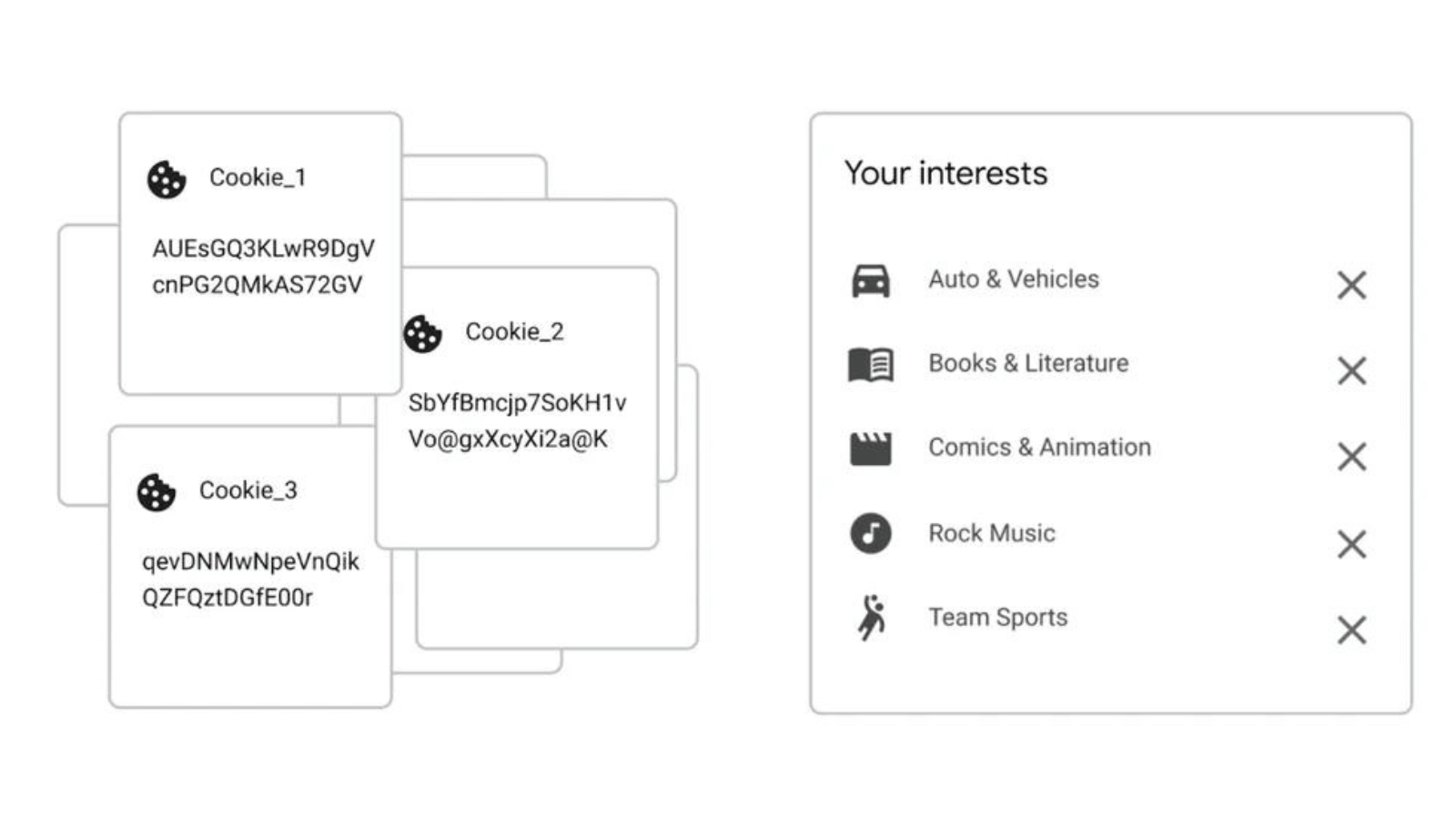Only Google would have the chutzpah to call an invasive new way to track people online “Privacy Sandbox”.
This feature, found in its Chrome browser is supposed to be a move away from the intrusive tracking of what has become of the once-useful cookies. This little piece of software was a clever idea when it first emerged in Netscape in 1994. It was a way for a website to store your login details and other pertinent information and these first-party cookies were private.
But as search and advertising emerged as the new default business model of the internet, this software took on a whole new life as third-party cookies. “Advertisers worked out how to ‘hack’ cookies to track users,” says Erica Mealy, a University of the Sunshine Coast lecturer in computer science lecturer.
“You can think of a first-party cookie like a shop assistant who listens to your preferences and is happy to hold your bags or clothes while you make your selection – but only while you are inside their store,” Mealy wrote in The Conversation.
“A third-party cookie is like a bug from an old spy movie. It listens to everything in your room, but only shares the info with its allies. The ‘spy’ can place this cookie on other people’s sites, to record what you visit and what data you enter. If you’ve ever wondered how Facebook has served you an ad about something related to a news story you just read, chances are it’s because you have third-party cookies enabled.”
But Europe has been pushing back against such surveillance capitalism, having introduced the General Data Protection Regulations (GDPR) which requires you to be informed of who is tracking you and enable you to opt-out.
Google’s solution is to take this tracking in-house – via its Chrome browser which is the “most widely used browser in the world, with a 63% market share as of May 2023,” as Mealy points out. Safari is second with 13% – giving you a sense of the importance of Apple’s 1-billion iPhone and iPad users and why Google was willing to pay $10bn a year to be the default browser.
Using its dominance in search is what the US Department of Justice and most US States are suing Google for right now in a Washington court, which is in its second month of a 10-week trial. Google’s own vice president for finance, Michael Roszak, wrote in 2017 that only “illicit businesses (cigarettes or drugs) that could rival these economics” of search advertising, it was revealed in the DOJ’s biggest antitrust lawsuit in 20 years.
Going on Topic

Google introduced Topics in its September 2023 updates to Chrome, and will roll it out to every user before the end of the year – when it will phase out third-party cookies entirely. The Electronic Frontier Foundation has been pushing back against Google’s sleight of hand as it evolves its sophisticated tracking while trying to shut out other data brokers who rely on third-party cookies.
“Topics is a response to pushback against Google’s proposed Federated Learning of Cohorts (FLoC), which we called ‘a terrible idea’ because it gave Google even more control over advertising in its browser while not truly protecting user privacy,” wrote Thorin Klosowski, EFF security and privacy activist, in a web essay.
While there have been some changes to how Topics will work since it was launched in 2019, “Topics is still tracking your internet use for Google’s behavioural advertising”.
Topics track your web browsing history and generates lists of advertising “topics” based on the websites you visit, says Klosowski. There are almost 500 advertising categories at launch, including “student loans & college financing,” “parenting,” or “undergarments”. A site that supports Privacy Sandbox will ask Chrome what sorts of things you’re supposedly into, and then display an ad accordingly, he adds.
Read More: Google lied: it’s making a fortune from news media
“The idea is that instead of the dozens of third-party cookies placed on websites by different advertisers and tracking companies, Google itself will track your interests in the browser itself, controlling even more of the advertising ecosystem than it already does.”
Although Google calls this “enhanced ad privacy,” he says “the company will still gobble up your browsing habits to serve you ads, preserving its bottom line in a world where competition on privacy is pushing it to phase out third-party cookies”.
Chrome’s Privacy Sandbox, as respected tech publication The Register accurately summed it up, is “neither private – preventing one from being observed – nor a sandbox – an environment in which code can be executed in isolation. Rather it’s a suite of advertising, analytics, anti-spam, and anti-tracking technologies”.
Stop using Google Chrome right now. Microsoft’s Edge is safer and better.
This column first appeared in the Financial Mail.
